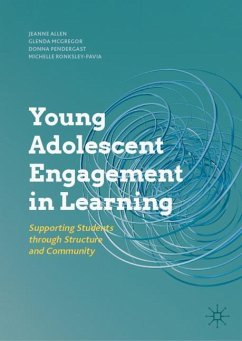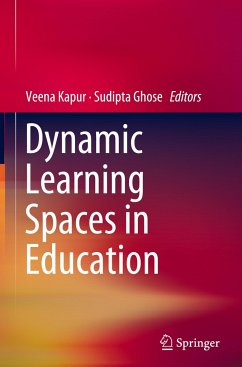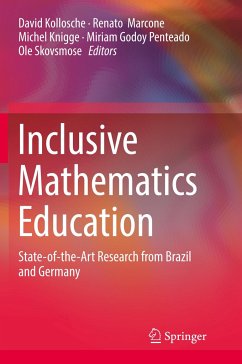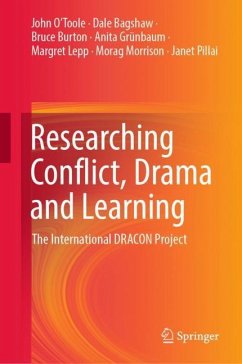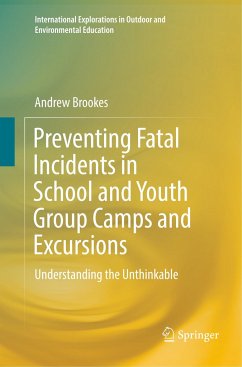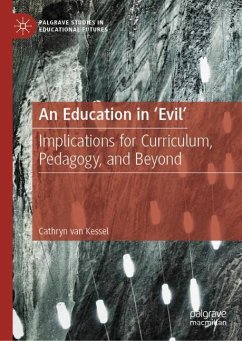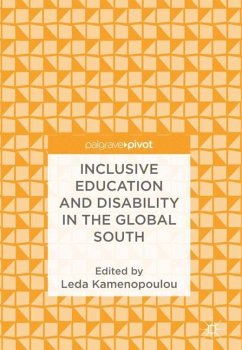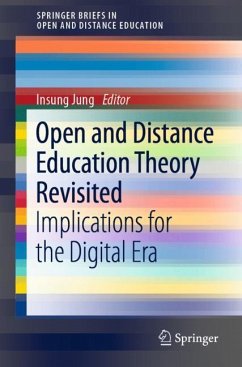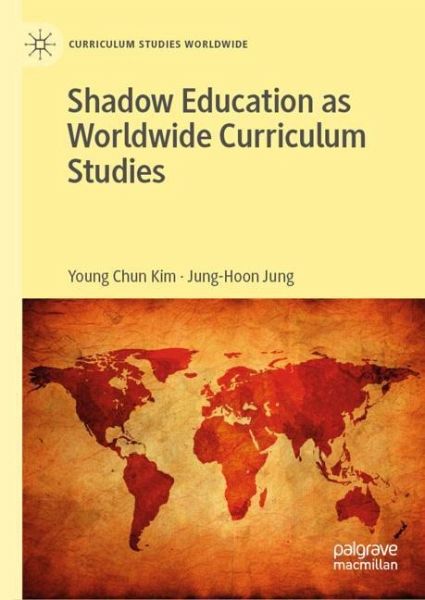
Shadow Education as Worldwide Curriculum Studies

PAYBACK Punkte
33 °P sammeln!
This book theorizes shadow education as a new component of curriculum, expanding the concept of curriculum to include this type of learning. Curriculum scholars and theorists have largely disregarded shadow education as a valid topic of scholarly attention despite its massive growth worldwide. But shadow education has become a global phenomenon with ever-increasing numbers of student participants; it complements school-based curricula, in many cases going beyond. Thus, Jung and Kim argue that shadow education requires rigorous analysis by curriculum studies scholars. This volume analyzes the s...
This book theorizes shadow education as a new component of curriculum, expanding the concept of curriculum to include this type of learning. Curriculum scholars and theorists have largely disregarded shadow education as a valid topic of scholarly attention despite its massive growth worldwide. But shadow education has become a global phenomenon with ever-increasing numbers of student participants; it complements school-based curricula, in many cases going beyond. Thus, Jung and Kim argue that shadow education requires rigorous analysis by curriculum studies scholars. This volume analyzes the state and importance of shadow education in countries around the world: its representative forms and industries (private tutoring institutes, home-visit private tutoring, Internet-based private tutoring, subscribed learning programs, after-school programs), its characteristic forms in terms of curriculum, and its roles in student learning. It also explores various features of shadow education based on an eight-year ethnographic study in South Korea.





